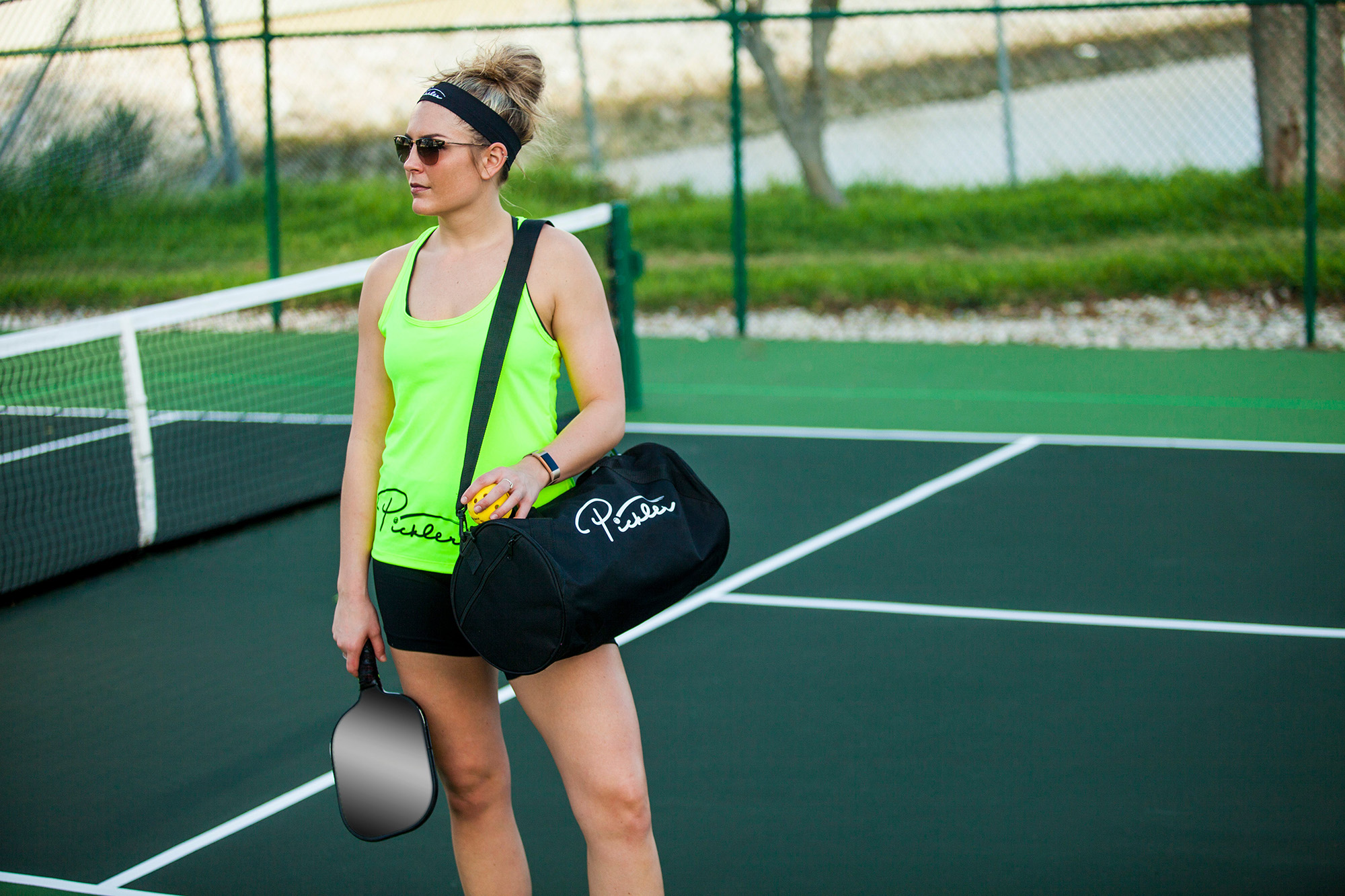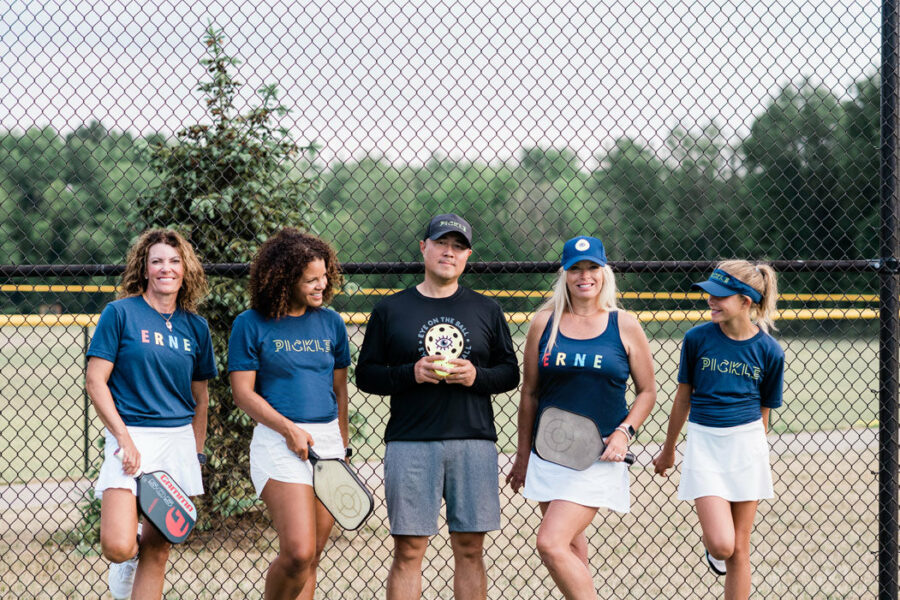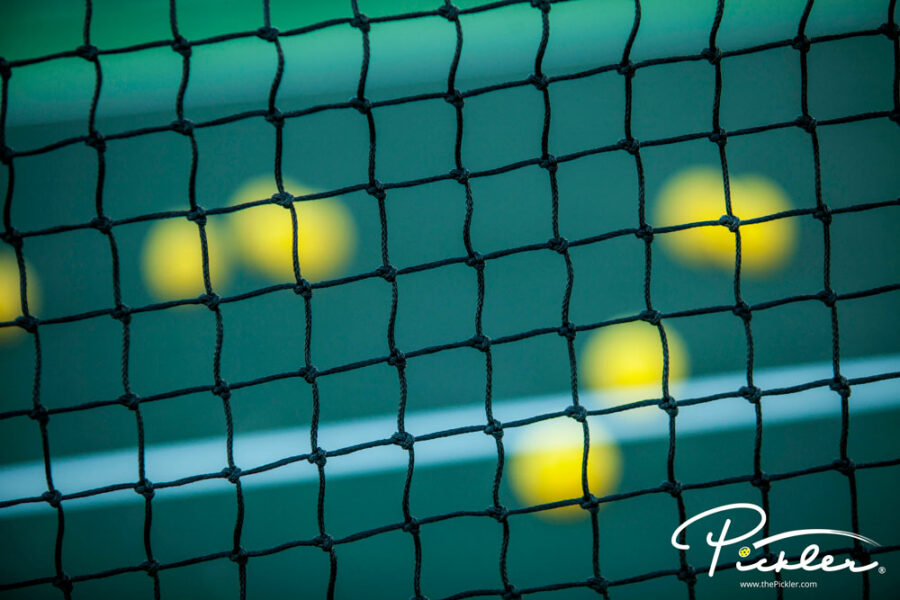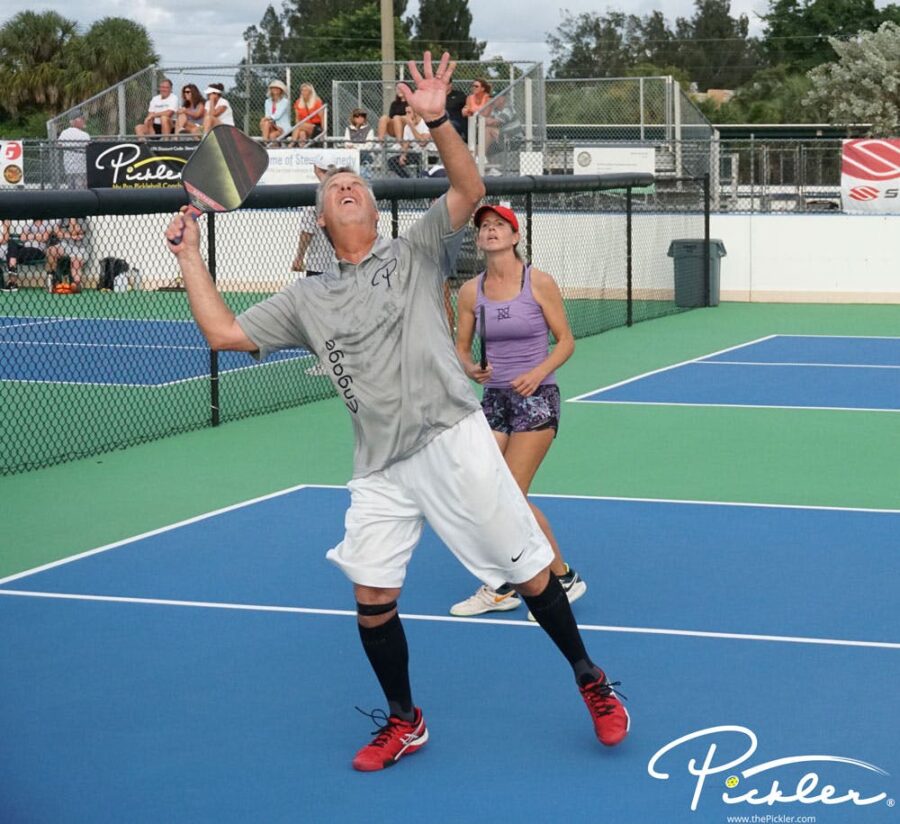In the 2018 US Open Women’s Championship Final, 20-year-old Naomi Osaka took down her idol, 37-year-old Serena Williams, in two sets (6-2, 6-4) to win her first grand slam title (Big congrats to Naomi!). Despite the great play between both competitors, this match was marred with controversy between Serena and the chair umpire, Carlos Ramos. Let’s break it down:
- Serena’s coach, Patrick Mouratoglou, made a hand motion during the match. The chair umpire interpreted this hand motion as coaching during the match (to note, Serena thought the hand motion was a “thumbs up”). This was a code of conduct rule violation, which resulted in a warning to Serena.
- After a poor service game, a frustrated Serena threw and broke her tennis racket—the second code of conduct rule violation of the match, which resulted in a point penalty against Serena.
- With tensions rising, Serena engaged in an argument with the chair umpire, where she demanded an apology for insinuating that Serena cheated and called the chair umpire a “thief” for stealing a point from her. This language resulted in a third code of conduct rule violation, and a game penalty against Serena.
In light of this controversy, let’s get a refresher on the USA Pickleball Association (USAPA) and the International Federation of Pickleball (IFP) Rules and see if this conduct would have a similar result on the pickleball courts. The USAPA and IFP Rules generally provide the following (for the full text of the applicable USAPA and IFP Rules, see the end of the blog below):
- Based on Rules 3.A.34, 3.A.35 and 13.G, if a pickleball player violates a rule or engages in unsportsmanlike conduct, then a technical warning will be issued. A technical warning is simply a warning. If the offending player or team violates the same or another rule, or engages in unsportsmanlike conduct for a second time, then a technical foul will be issued, which results in adding one point to the opponent’s score. If the offending player or team violates the same or another rule, or engages in unsportsmanlike conduct for a third time, then the offending team will forfeit the match.
- Rule 11.N provides that, during a pickleball match, a player may not receive any coaching, except from his or her partner, during timeouts or between games.
- Rule 13.G.3 provides a list of unsportsmanlike conduct, which includes throwing a paddle and “excessive” arguing or questioning of a referee.
Applying these USAPA and IFP Rules to the actions during the 2018 US Open Women’s Championship Final:
- The hand motion by Serena’s coach, Patrick Mouratoglou, during the match would likely violate Rule 11.N on the pickleball courts, as coaching may only be provided from the player’s partner, during timeouts or between pickleball games. This violation would result in a technical warning. As a reminder, a technical warning is simply a warning and no point penalty is imposed.
- A thrown pickleball paddle would clearly violate Rule 13.G.3.e. This would result in a technical foul and a point being awarded to the opponent on the pickleball courts.
- Assuming that the argument between Serena and the chair umpire was “excessive,” another technical foul would likely be given for violating Rule 13.G.3.b. This would result in a forfeiture of the entire pickleball match. The application of the USAPA and IFP Rules to these circumstances is a bit harsher than the rules on the tennis court, as the entire pickleball match (rather than one game) would be forfeited.
This controversy is a reminder that pickleball code of conduct rules exist, the application of any rule is, at times, subjective, and perception is everything. Your actions and emotions expressed on the pickleball court may be scrutinized and, in some circumstances, penalized. Whether you agree with the application of the rules during the 2018 US Open Women’s Championship Final or not, I think we all can take learnings or lessons away from the controversy to apply to our own pickleball game. In Serena’s own words, her lesson from the controversy is to always “remember to stay gracious and to stay humble.”
What is your takeaway from the controversy during the 2018 US Open Women’s Championship Final? How do you apply your takeaway to your own pickleball game? Do you think any of the USAPA and IFP Rules should be changed or eliminated? Share with us in the comments below!
Certain USAPA and IFP Rules Related to Technical Warnings and Technical Fouls
3.A.34. Technical Foul – When a player violates any rule calling for a technical foul, the referee will add one point to the opponent’s score.
3.A.35. Technical Warning – A referee’s first verbal warning of a rule or behavioral violation given to a player or team prior to a technical foul being called. Points are not awarded for a technical warning. Once a technical warning has been issued, a second technical warning for any reason, given to the same player or team during the match, will result in a technical foul being issued to the player or team. See 13.G.3.
11.N. Coaching. During play, except from their partner, players may only receive coaching during time-outs and between games. Once play has begun, any communication between a player and any person not on the court, if determined by the referee to be coaching, shall result in a technical warning to the offending player or team. If the communication occurs a second time, it shall result in a technical foul and a point will be awarded to the opponent.
13.G. Technical Warnings and Technical Fouls.
13.G.1. Technical Warning. A referee will impose a technical warning when a player refuses to abide by the referee’s decision or engages in unsportsmanlike conduct. Once a technical warning has been issued, a second technical warning for any reason, given to the same player or team during the match, will result in a technical foul being issued to the player or team.
13.G.2. Technical Fouls. The referee is empowered to call technical fouls. When a technical foul is called, one point shall be added to the score of the opposing side. A second technical foul will result in a forfeit of the match.
13.G.3. Actions or behavior that will result in a technical warning/technical foul:
- G.3.a. A player using objectionable or demeaning language directed at another person will incur a technical warning or a technical foul, depending upon its severity. Excessive profanity used for any reason will incur similar action. The referee will determine the severity of any violation.
- G.3.b. Excessive arguing.
- G.3.c. Threats of any nature to any person.
- G.3.d. Purposely breaking the ball or striking the ball between rallies.
- G.3.e. Intentionally throwing a paddle will result in a technical foul being assessed against the offender and a point shall be awarded to the opponent.
- G.3.f. Delay of game, either in the form of taking too much time during timeouts or between rallies or games.
- G.3.g. Excessive questioning of the referee on the rules.
- G.3.h. Excessive or unnecessary appeals.
- G.3.i. Challenging the referee’s interpretation of a rule and losing the challenge (i.e., referee’s ruling was correct).
- G.3.j. Requesting a medical time-out without a valid medical condition.
- G.3.k. Any other actions that are considered unsportsmanlike behavior.
13.G.4. Effect of Technical Fouls and Technical Warnings. The assessment of a technical warning or technical foul shall be accompanied by a brief explanation of the reason.
- G.4.a. A technical warning shall not result in a loss of rally or point awarded.
- G.4.b. Once a technical warning has been issued, a second technical warning for any reason, given to the same player or team during the match, will result in a technical foul being issued to the player or team.
- G.4.c. If a referee issues a technical foul, one point shall be added to the nonoffending player’s or team’s score. After the point is awarded, the player or team awarded the point must move to the correct position(s) that reflects their score.
- G.4.d. A called technical warning or technical foul shall have no effect on server change or side out.
- G.4.e. After assessing a technical warning or a technical foul, the referee will call a 15-second warning for the players to become ready. At the end of 15 seconds, the referee will announce the score to begin the 10Second Rule even if the server and receiver are not on the court and/or not ready to play. See Rule 4.E.
- G.4.f. The referee will call a forfeiture of the match if a player or team receives two technical fouls during the match.




